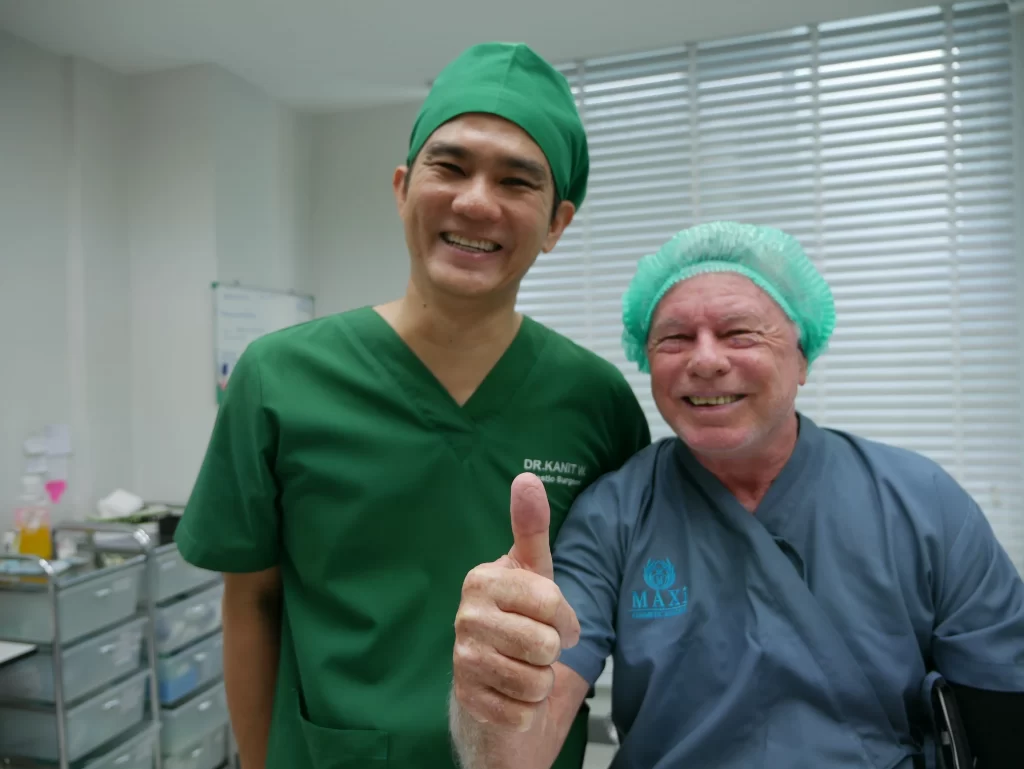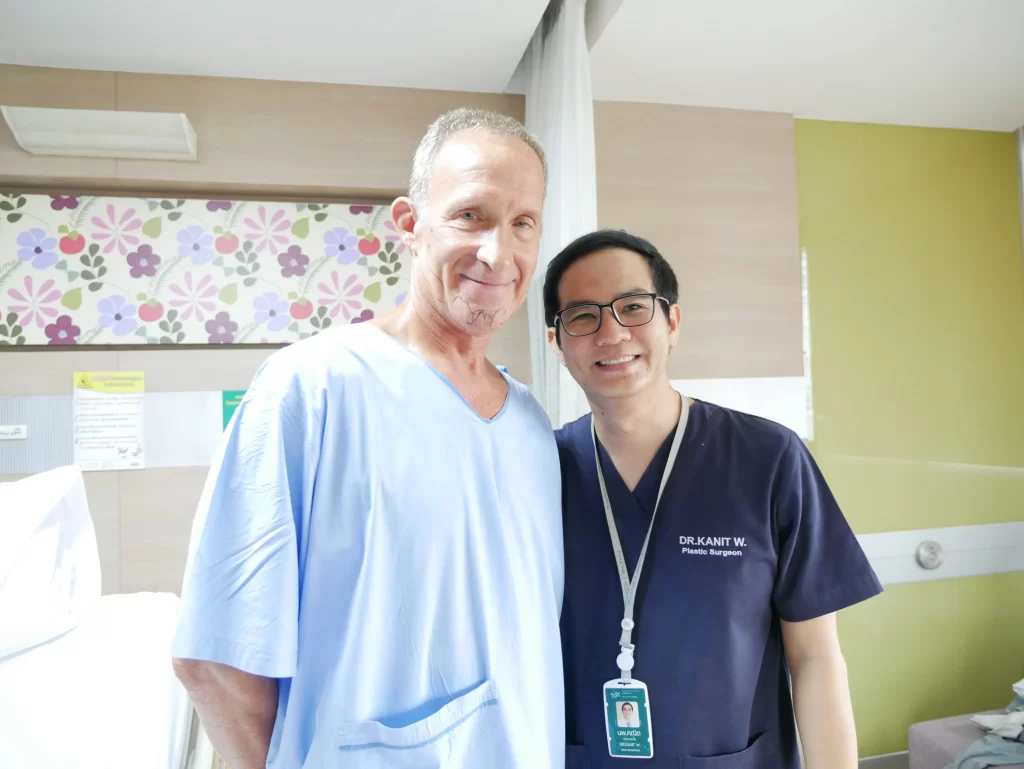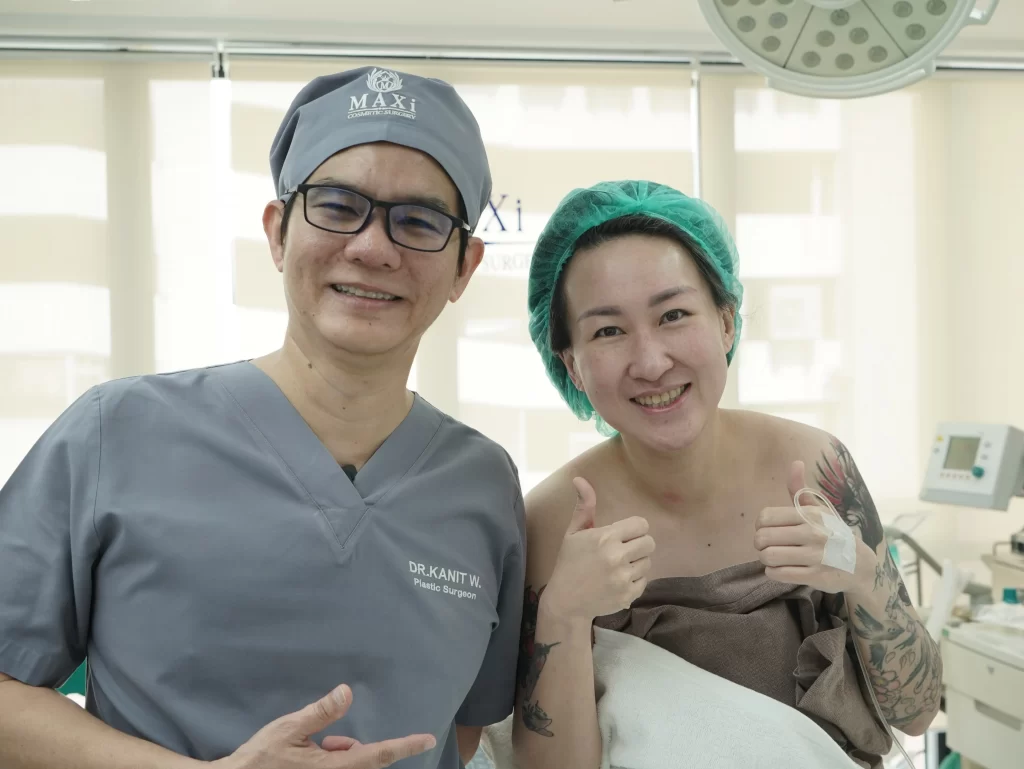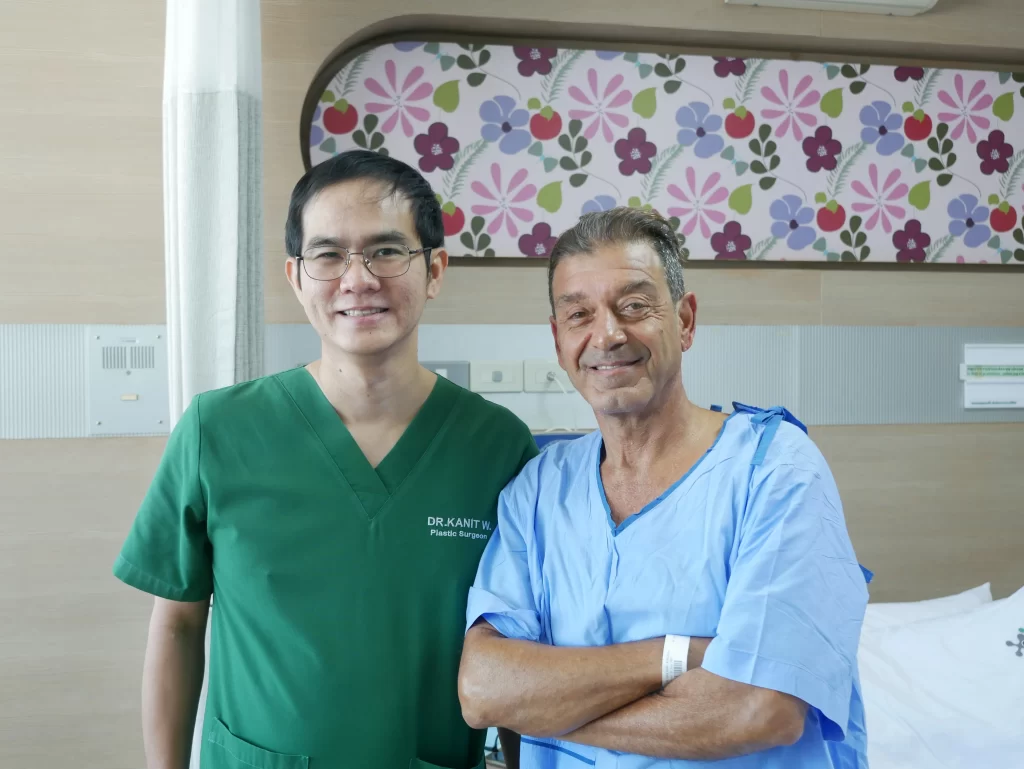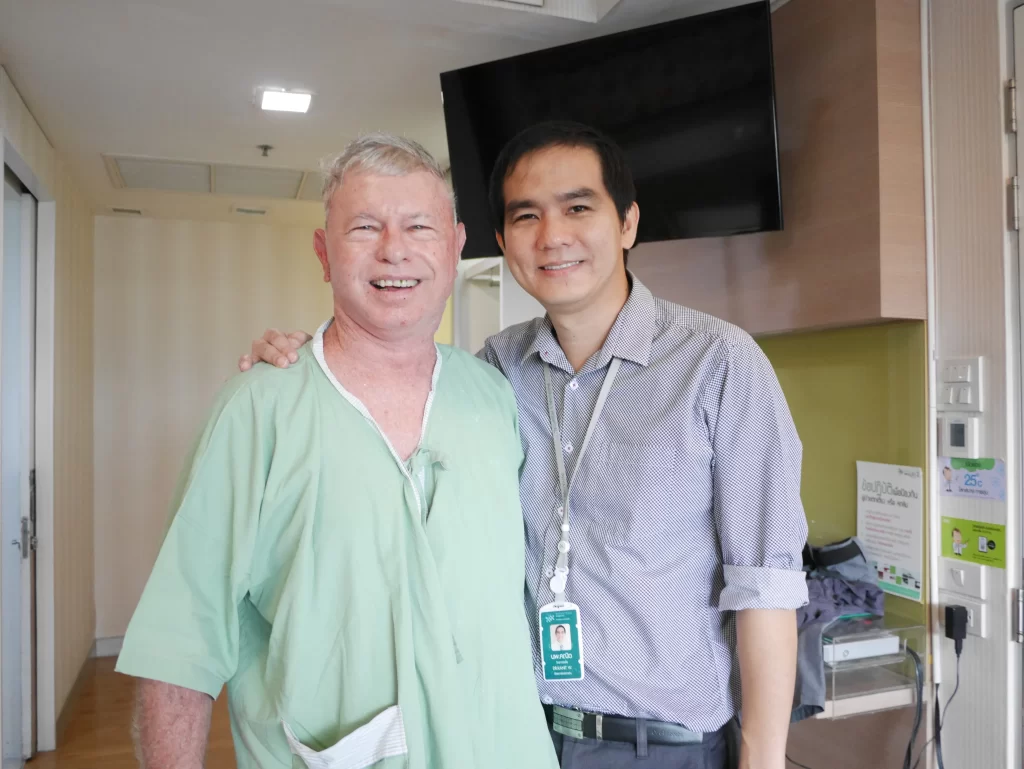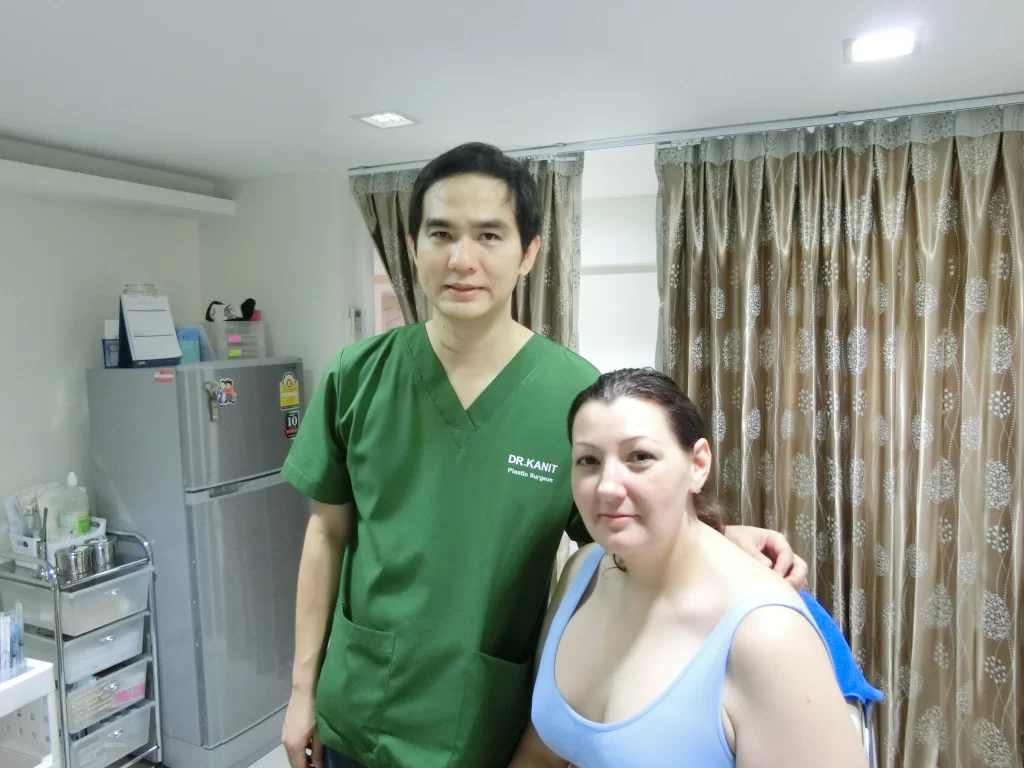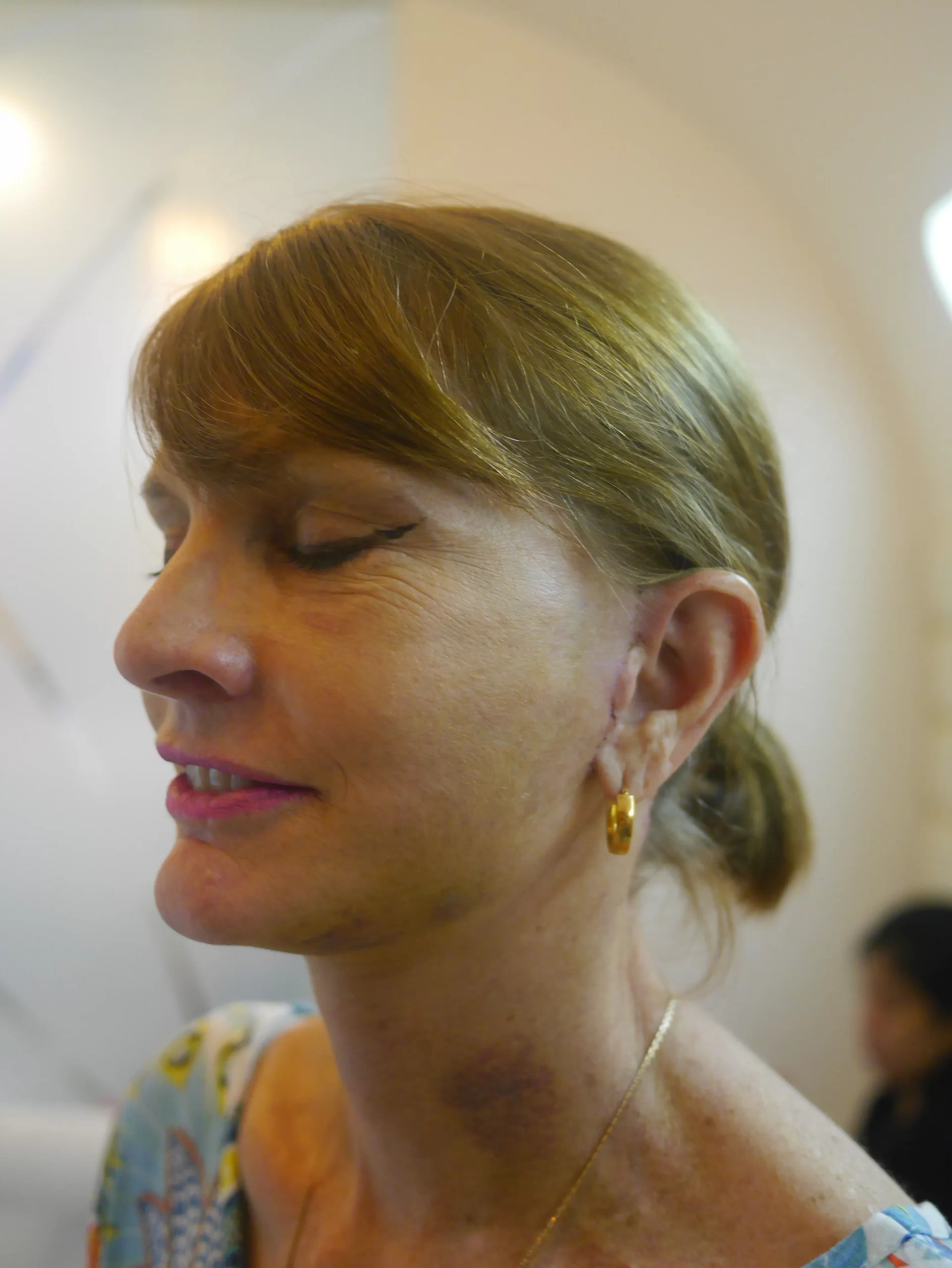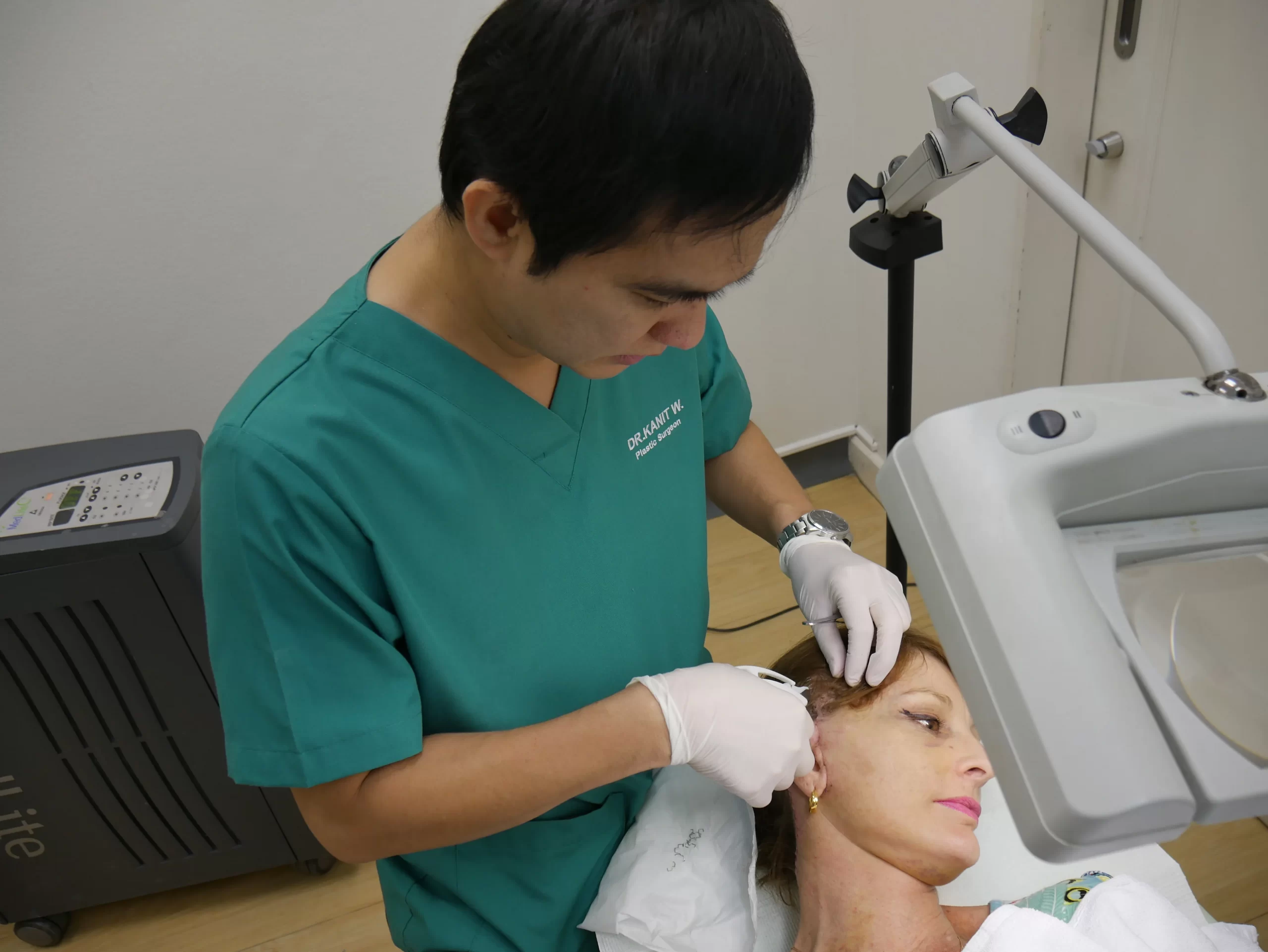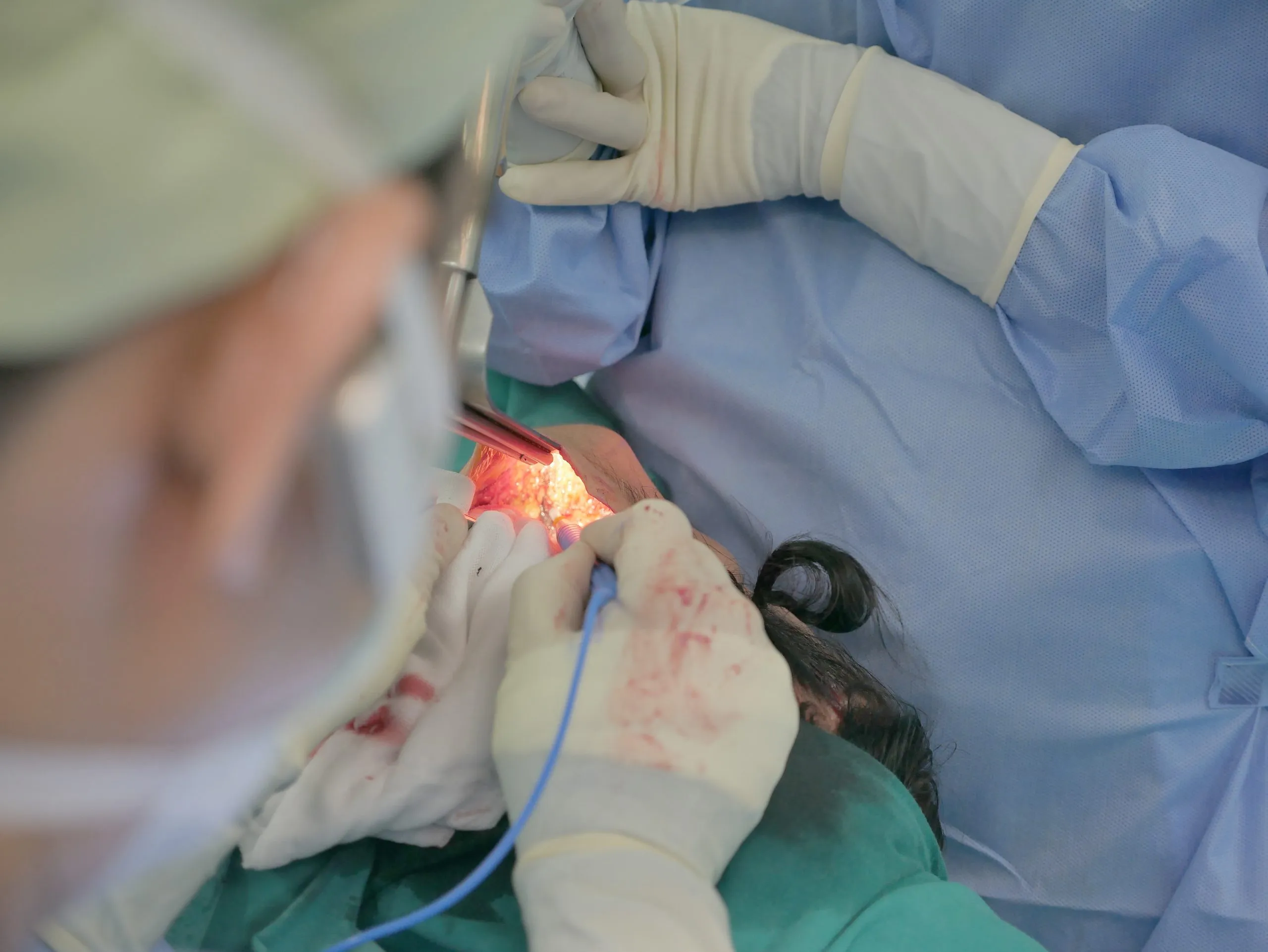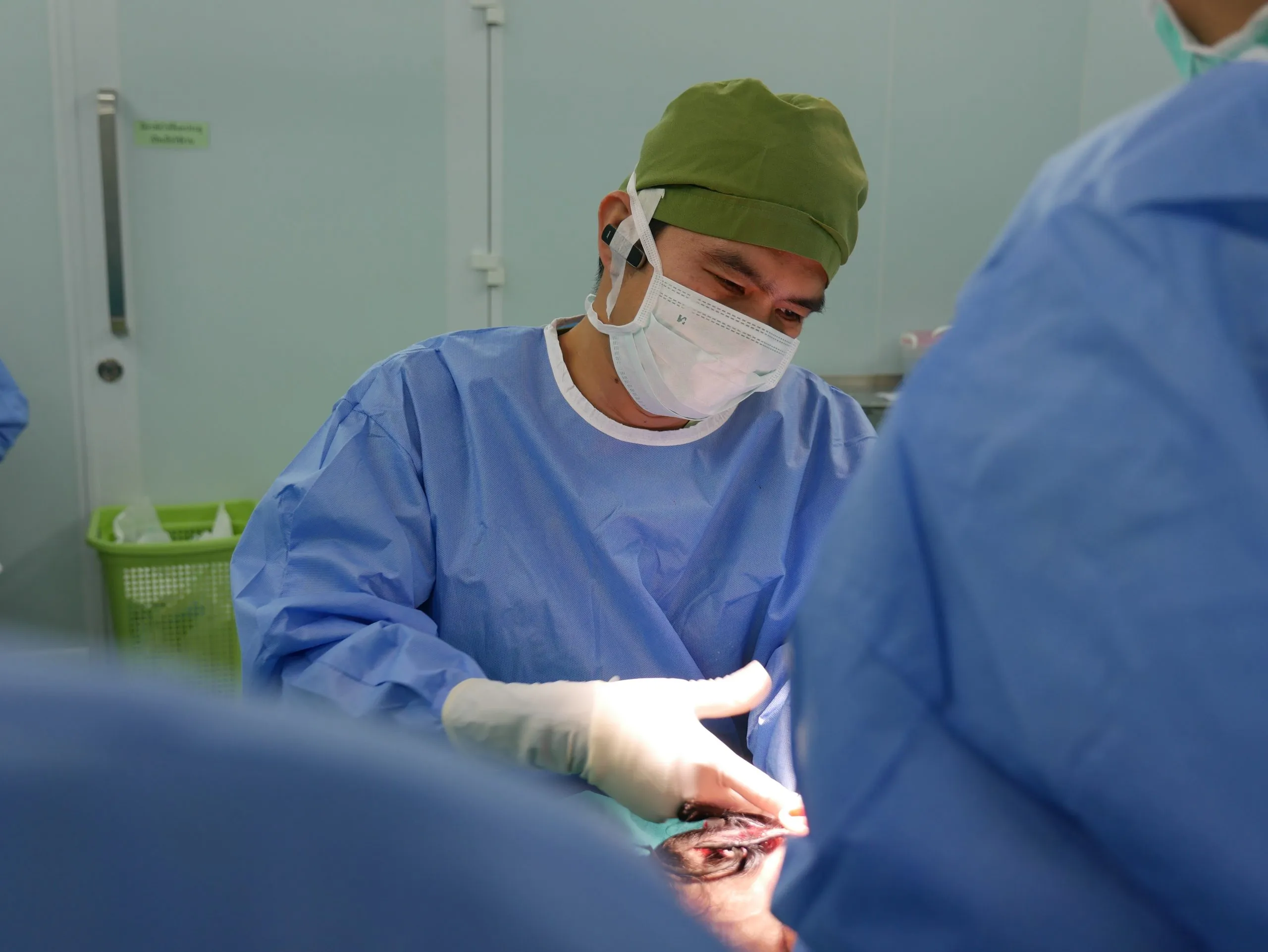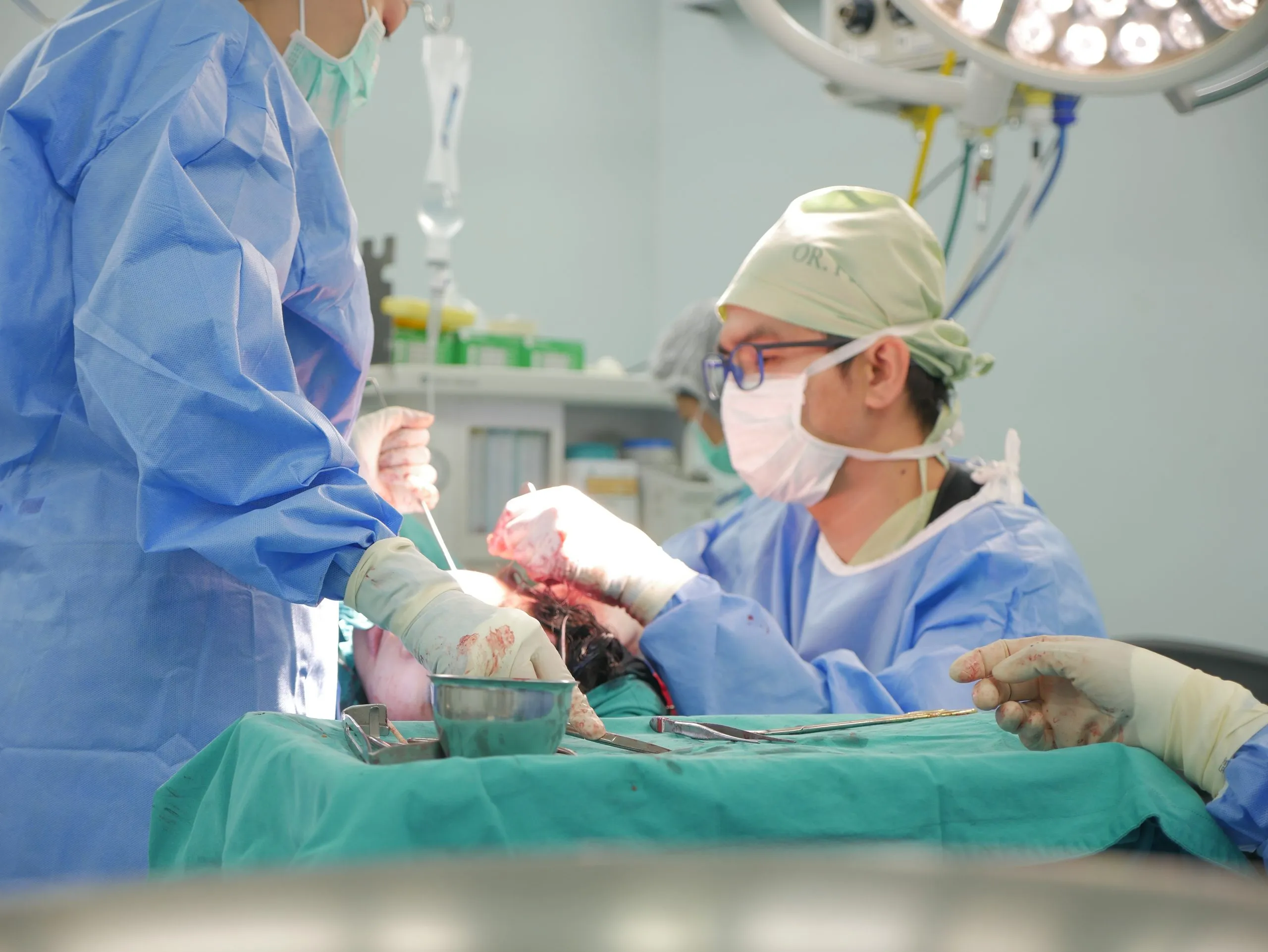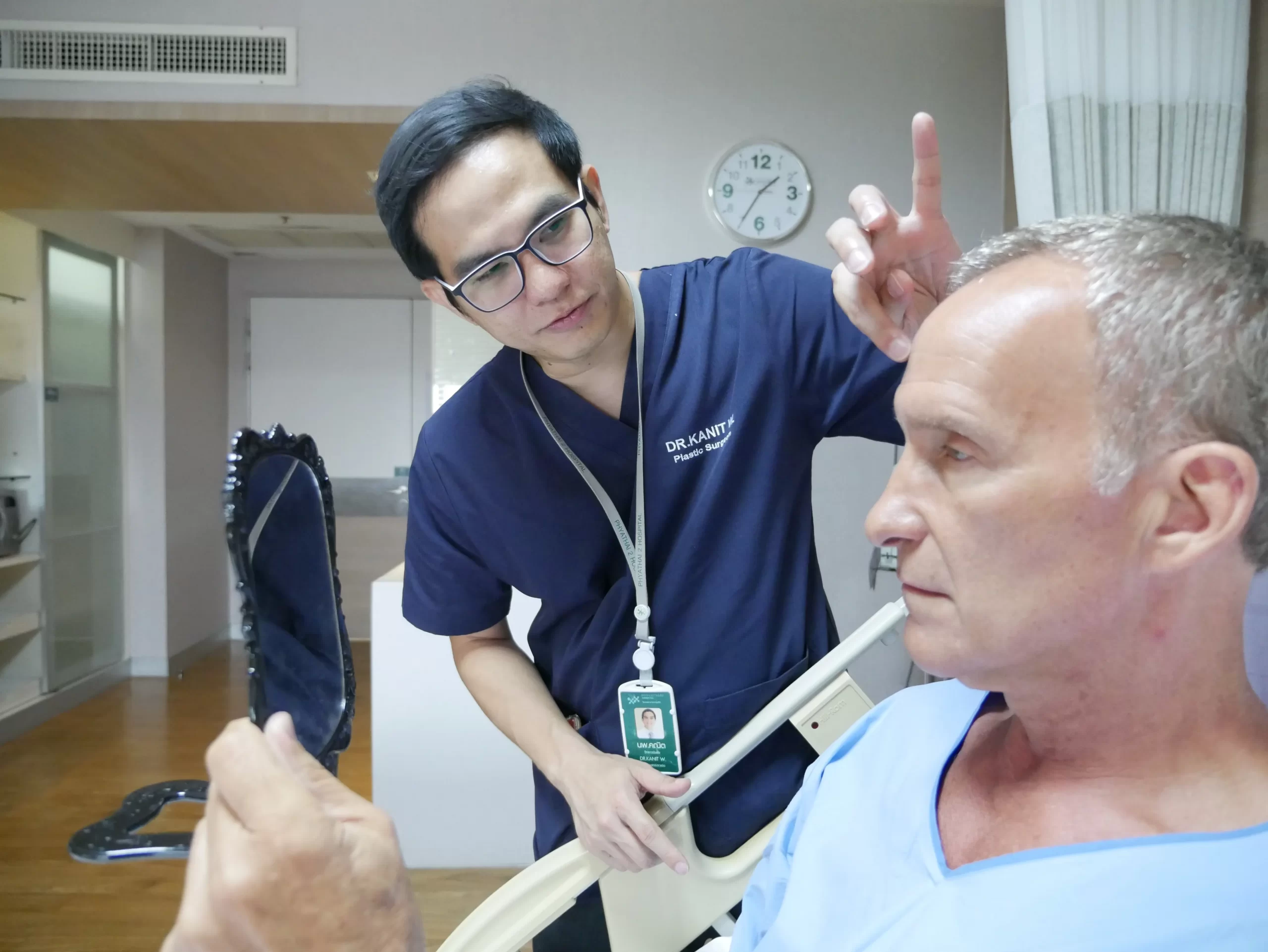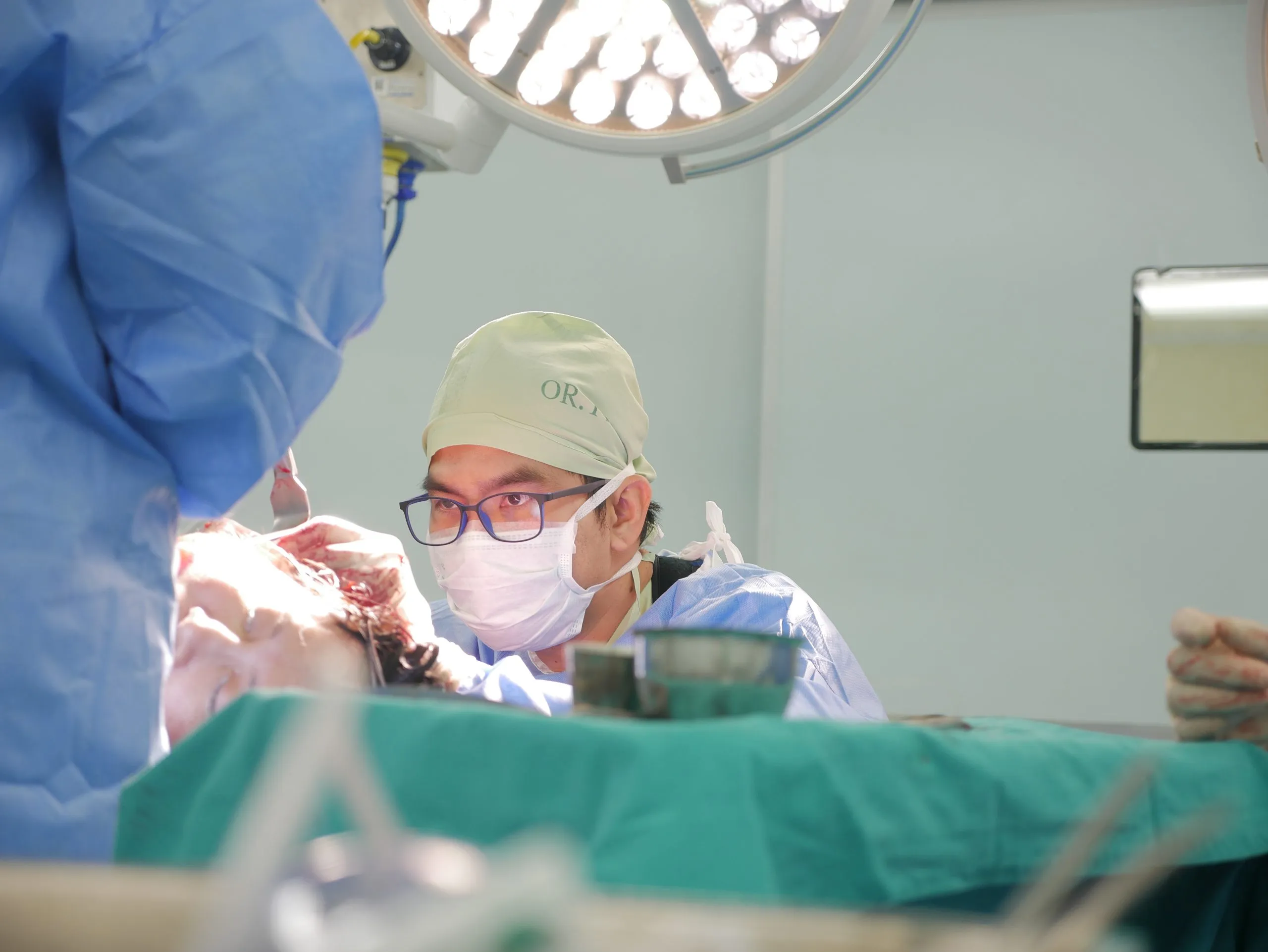
Facelift with SMAS
The facelift technique that tightens the SMAS layer is the method that is recognized as being the most effective. Because it can solve the problem of sagging directly. Helps the results look more natural and longer-lasting than a general facelift.
Face lift, MAX Lift technique, divided into 4 parts
1. Lift the upper face
The corners of the eyes droop, the lines on the upper cheeks, and the tail of the eyebrows droop.
3. Lower face lift
The face frame is not tight. The lower cheeks are sagging. Rong Nam Mak, sagging face
2. Center facelift
Tighten sagging cheeks, nasolabial folds, droopy mouth corners
4. Pull the neck
The neck is wrinkled and sagging.
Wrinkles around the neck
Face Lift
Facelift is a surgical procedure that corrects facial sagging caused by aging or deterioration of the skin and muscles. The facelift procedure removes excess skin and tightens the muscle layer, SMAS (Superficial Musculo-Aponeurotic System), which is a layer of tissue that plays an important role in maintaining the firmness and structure of the face. A facelift not only helps to make the face look younger, but also helps to adjust the facial shape to look more balanced and natural.
Let’s get to know the MAX Lift technique.
M: Maximum
This is the process of pulling and stitching the muscles and skin to make it tight and firm for a youthful and natural look.
A: SMAS Approach
In a facelift, the doctor will not just pull, cut and stitch, but the doctor will have to look at the structure of the face to see which parts need to be removed or preserved. The doctor will remove the muscles and stitch the SMAS layer to make it tight and firm, which best meets the needs in order to produce a youthful but still natural result.
X: Exclusive
Because each person’s face has a different structure and problems, the surgical procedure to correct the face will be different. Therefore, a surgical technique designed specifically for each person to suit the facial structure is also important.


